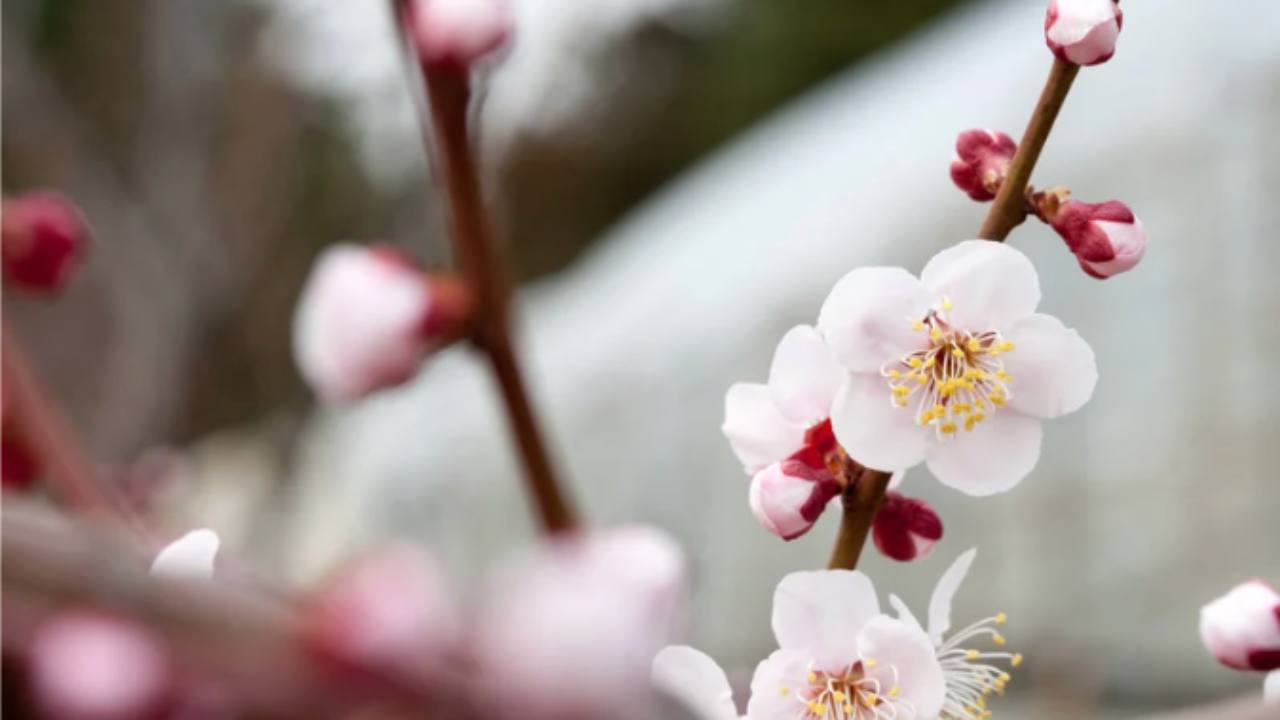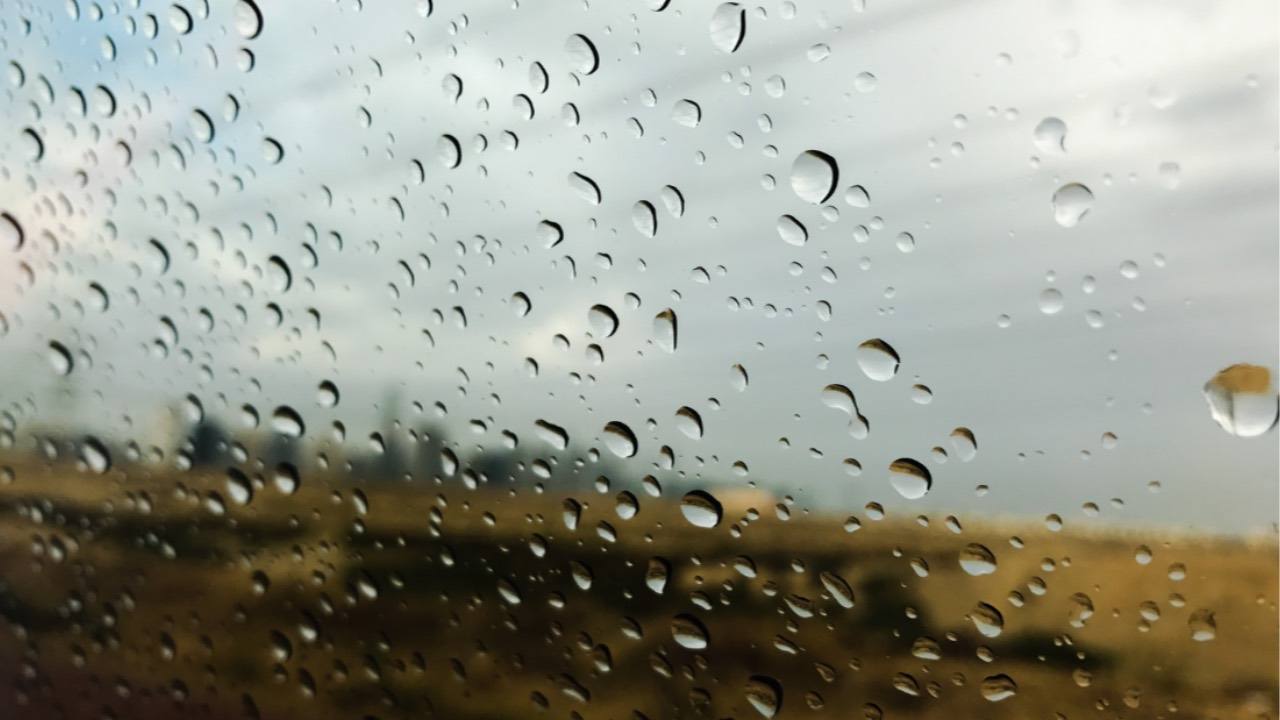2024年度が終わる/The End of FY 2024
こんにちは、いろはです。
今日は3月31日。日本では、2024年度の最終日です。
明日からは新しい年度、2025年度が始まりますね。
Hello, this is Iroha.
Today is 31st March, which means it’s the final day of the 2024 nendo (fiscal/academic year) in Japan.
Tomorrow marks the beginning of the 2025 nendo.
今日は、日本の「年度(ねんど)」についてご紹介します。
日本では学校も会社も、1年の区切りが4月から翌年3月までになっているのです。
So in today’s newsletter, I’d like to introduce a unique feature of Japanese society: the “nendo” (年度), or Japanese year.
In Japan, many things begin in April and end in March of the following year.
年度とは?
「年度」は、会計・行政・教育などで使われる、1年の区切りを表す言葉です。
たとえば、「2025年度」は2025年4月から2026年3月までを指します。
What is "nendo"?
The term “nendo” refers to the fiscal or academic year used in government, education, and business.
For example, “the 2025 nendo” means the period from April 2025 to March 2026.
いつ始まるの?
日本では:
-
学校の学年 → 4月に始まり、3月に終了
-
企業や行政の会計年度 → 4月に始まり、3月に終了
When does the year start?
In Japan:
-
The school year starts in April and ends in March.
-
The fiscal year for many companies and all government institutions also runs from April to March.
4月始まりの理由
いくつかの理由があります:
-
明治時代に日本の会計制度が整備された際、政府の会計年度が4月スタートに決定された
-
教育制度もそれに合わせて編成された
-
農業が春に始まるという自然のリズムにも合っていたと考えられています
Why does it start in April?
There are several reasons:
-
In the Meiji era (late 19th century), the Japanese government officially adopted April–March as its fiscal year.
-
The education system was then structured to match this schedule.
-
This timing also suited Japan’s agricultural calendar, where spring marked the start of activity.
おわりに
日本で暮らしたり学んだりすると、「4月から新しい年が始まる」という感覚が自然になってきます。
「年度」という考え方は、日本の学校生活や仕事のリズムを理解するうえで欠かせないポイントですね。
In summary
If you live, study, or work in Japan, you'll soon get used to the idea that the year doesn’t really begin in January—but in April.
Understanding the concept of nendo is key to making sense of how time is organised in Japanese schools and workplaces.
いかがでしたか?
次回のニュースレターは、新年度がスタートしてからの初回配信となります!
新しい季節にぴったりの話題をご用意していますので、どうぞお楽しみに。
いろは
I hope you enjoyed this issue!
The next newsletter will be the first one of the new Japanese year, so I’ll be sharing something perfect for the fresh start of the season.
Stay tuned!
– Iroha





